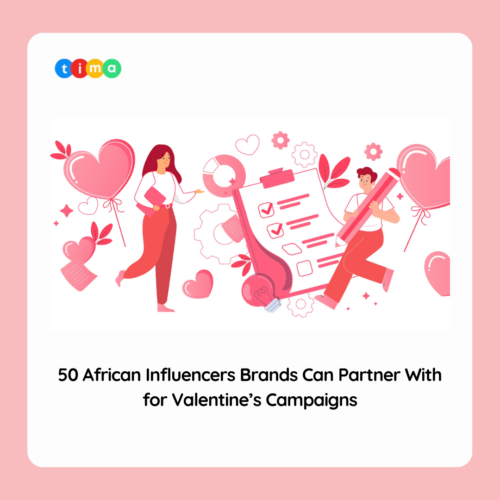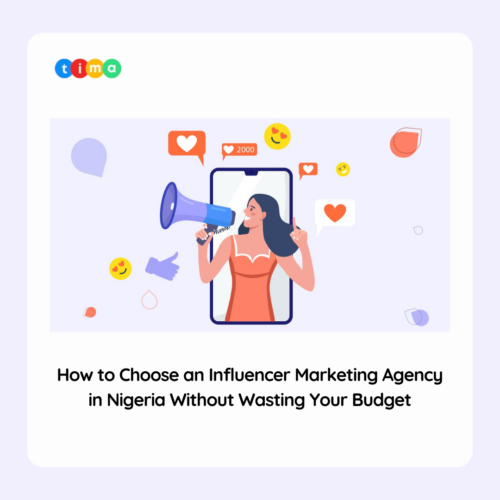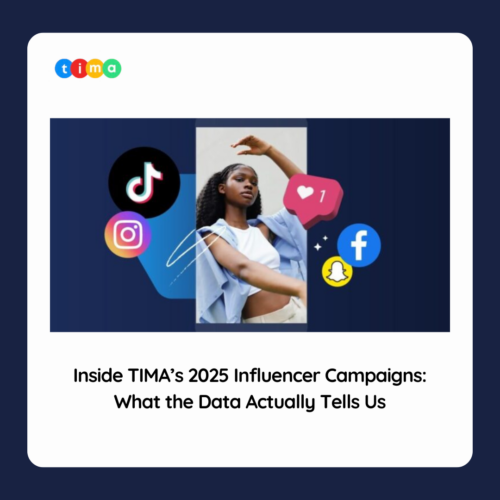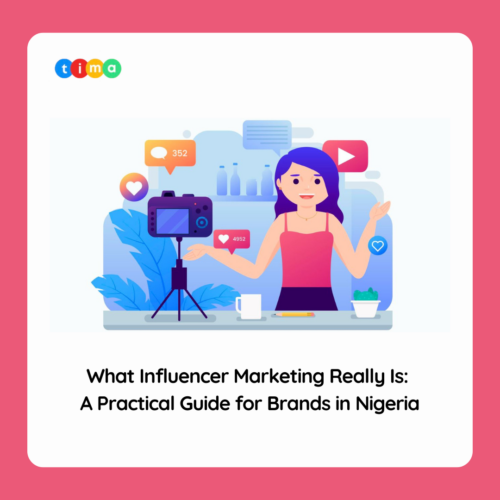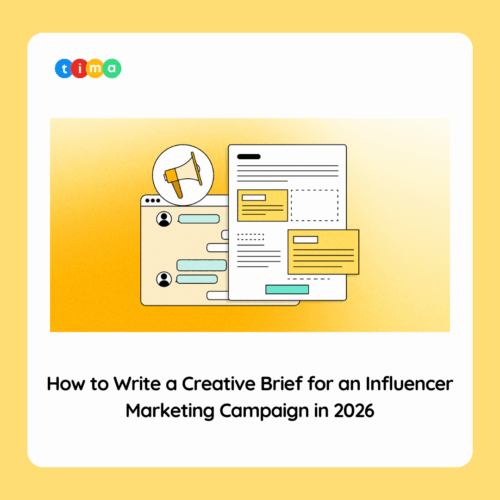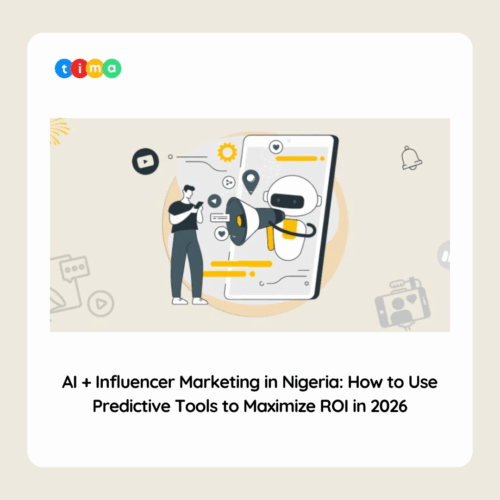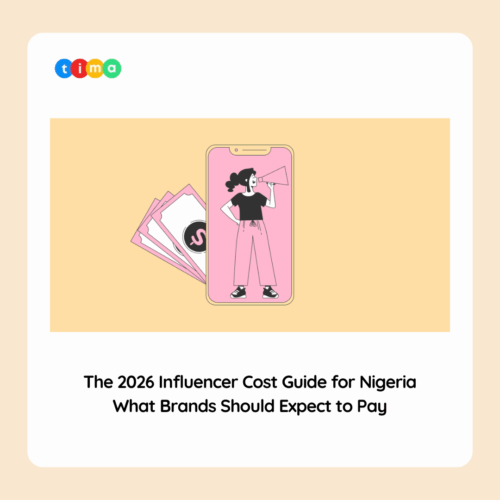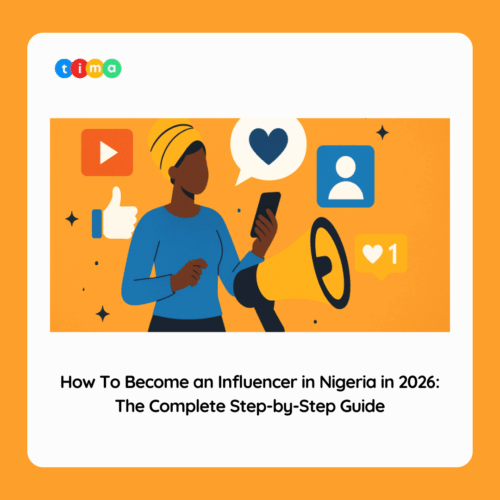With social media influencers wielding significant influence over consumer choices, it’s no surprise that influencer marketing has become a cornerstone of modern advertising strategies. However, the success of such collaborations depends on careful planning, selection, and alignment between brands and influencers. To ensure fruitful partnerships and successful campaigns, brands must ask influencers the right questions. In this comprehensive guide, we’ll explore the 15 key questions every brand must pose to influencers before embarking on a campaign.
The Rise of Influencer Marketing
Influencer marketing has experienced an exponential rise in recent years and for good reason. Traditional advertising methods often struggle to engage today’s savvy consumers who are adept at tuning out overtly promotional messages. This shift in consumer behavior has led brands to seek alternative avenues to connect with their target audiences. Enter the influencer, an individual who has cultivated a devoted following based on shared interests, values, and relatable content.
Influencers bridge the gap between brands and consumers, offering a personal touch that traditional advertising lacks. They have become trusted authorities in their respective niches, making their endorsements and recommendations highly influential.

The Power of Influencer Marketing
Influencer marketing has reshaped the way brands promote their products and services. It leverages the credibility and reach of social media influencers to create authentic connections with target audiences. Unlike traditional advertising, which often feels impersonal, influencer marketing thrives on the trust and rapport influencers have built with their followers. It humanizes brands, making them more relatable and trustworthy in the eyes of consumers.
The essence of influencer marketing lies in finding the right influencers who resonate with a brand’s identity, values, and objectives. This alignment ensures that the influencer’s content seamlessly integrates with the brand’s message, resonating with the audience in an authentic way.
The Influencer Selection Process
Selecting the right influencers is a pivotal step in any influencer marketing campaign. Brands must go beyond superficial metrics like follower count and consider more nuanced considerations. It’s about finding influencers who align with the brand’s identity, target audience, and campaign objectives.
- Define Your Campaign Objectives: Start by establishing clear campaign objectives. What are you aiming to achieve through this influencer collaboration? Your objectives will guide your influencer selection.
- Identify Your Target Audience: Understand your target audience’s demographics, preferences, and behavior. Who are you trying to reach with this campaign?
- Choose the Right Platforms: Different platforms cater to different audiences. Decide which social media platforms align with your campaign goals.
- Determine Your Campaign Scale: Will your campaign be large-scale or niche-focused? Micro-influencers are gaining popularity for their high engagement rates, but the choice depends on your campaign’s goals.
- Craft Your Content Strategy: Define the type of content that will resonate with your audience. Is your campaign video-centric, image-driven, or reliant on other formats?

15 Essential Questions for Influencer Selection
It’s a common misstep for brands to focus solely on quantitative metrics when selecting influencers. While metrics such as follower count, likes, and comments are undoubtedly important, they only provide a partial view of an influencer’s potential. The true value of an influencer goes beyond numbers; it lies in their ability to connect with their audience authentically and convey a brand’s message effectively. To navigate the influencer marketing landscape successfully, brands must ask the right questions to uncover the deeper qualities that make an influencer a suitable partner. Here are 15 essential questions every brand should ask potential influencers before embarking on a campaign:
1. What is Your Niche?
Understanding an influencer’s niche is the first step in selecting the right partner. Brands should ask influencers about their specific content focus and whether it aligns with the brand’s target audience and objectives. A clear understanding of the influencer’s niche ensures the partnership will be relevant and appeal to the desired customer base.
2. Who is Your Audience?
It’s crucial for brands to have a deep understanding of an influencer’s audience demographics. Questions about the influencer’s audience age, gender, location, interests, and buying behavior will help brands determine if the influencer’s followers match their ideal customer profile.
3. What is Your Engagement Rate?
While the number of followers is essential, engagement rates matter just as much, if not more. Brands should inquire about an influencer’s engagement rate, including likes, comments, and shares on their posts. A high engagement rate indicates an influencer’s ability to connect with their audience authentically.
4. Can You Share Your Previous Campaign Results?
Successful influencers often have a track record of working with various brands. Brands should ask influencers for case studies or results from previous campaigns. This information can give brands insights into an influencer’s performance and the potential impact on their campaign.
5. What Are Your Content Creation Guidelines?
Each influencer has their unique style and approach to content creation. Brands should discuss content guidelines and expectations with influencers. This includes the type of content (e.g., video, images, blog posts), brand messaging, and any specific campaign requirements.
6. How Do You Disclose Sponsored Content?
Transparency is critical in influencer marketing. Brands should ask influencers about their disclosure practices for sponsored content. Knowing that an influencer is open and honest about their partnerships can build trust with the audience and maintain the brand’s integrity.
7. What is Your Posting Frequency?
Understanding an influencer’s posting frequency is essential for campaign planning. Brands should ask about the influencer’s typical posting schedule to ensure that their campaign messages will be timely and well-distributed.
8. How Do You Handle Negative Comments or Feedback?
In the age of social media, negative comments and feedback are inevitable. Brands should discuss with influencers how they handle criticism or negative comments related to their content or the brand itself. A proactive approach to addressing negativity is crucial to maintaining a positive brand image.
9. Do You Have Any Conflicts of Interest?
Influencers often collaborate with multiple brands simultaneously. Brands should inquire about any potential conflicts of interest that could affect their campaign. It’s essential to ensure that the influencer’s other partnerships won’t negatively impact the brand’s message or reputation.
10. What Are Your Rates and Payment Terms?
A transparent discussion about rates and payment terms is crucial to avoid misunderstandings later on. Brands should ask influencers about their pricing structure, including whether they charge per post, per engagement, or have a flat fee. Payment terms, such as when and how influencers expect to be paid, should also be clarified.

11. Are There Any Creative Constraints?
Influencers often have creative freedom when it comes to content creation. However, brands may have specific creative constraints or guidelines that influencers need to follow. Brands should discuss these constraints upfront to ensure that the campaign aligns with their branding and messaging.
12. What are Your Availability and Timeline?
Timeliness is essential in influencer marketing campaigns. Brands should ask influencers about their availability and whether they can meet the campaign’s timeline. Clear communication regarding deadlines and deliverables is crucial for a successful partnership.
13. How Will You Measure Success?
Defining success metrics is a critical aspect of influencer marketing. Brands should discuss with influencers how they plan to measure the success of the campaign. This could include key performance indicators (KPIs) like reach, engagement, click-through rates, or even sales conversions.
14. What is Your Strategy for Authenticity?
Authenticity is the cornerstone of successful influencer marketing. Brands should inquire about an influencer’s strategy for maintaining authenticity in their content while promoting a brand. Influencers should be able to explain how they plan to seamlessly integrate the brand’s message into their existing content style.
15. How Will You Handle Post-Campaign Engagement?
The relationship between brands and influencers shouldn’t end when the campaign is over. Brands should discuss with influencers how they engage with their audience after the campaign to ensure a lasting impact. This could include follow-up content, Q&A sessions, or exclusive promotions.
Conclusion
Influencer marketing agencies like TIMA (The Influence Media Agency) understand the intricacies of influencer collaborations and can assist brands in finding the perfect influencers for their campaigns. With a focus on creating authentic connections between brands and influencers, TIMA is dedicated to helping brands succeed in the world of influencer marketing. Ready to embark on your influencer marketing journey? Contact TIMA today to unlock the potential of influencer marketing and elevate your brand’s digital presence


